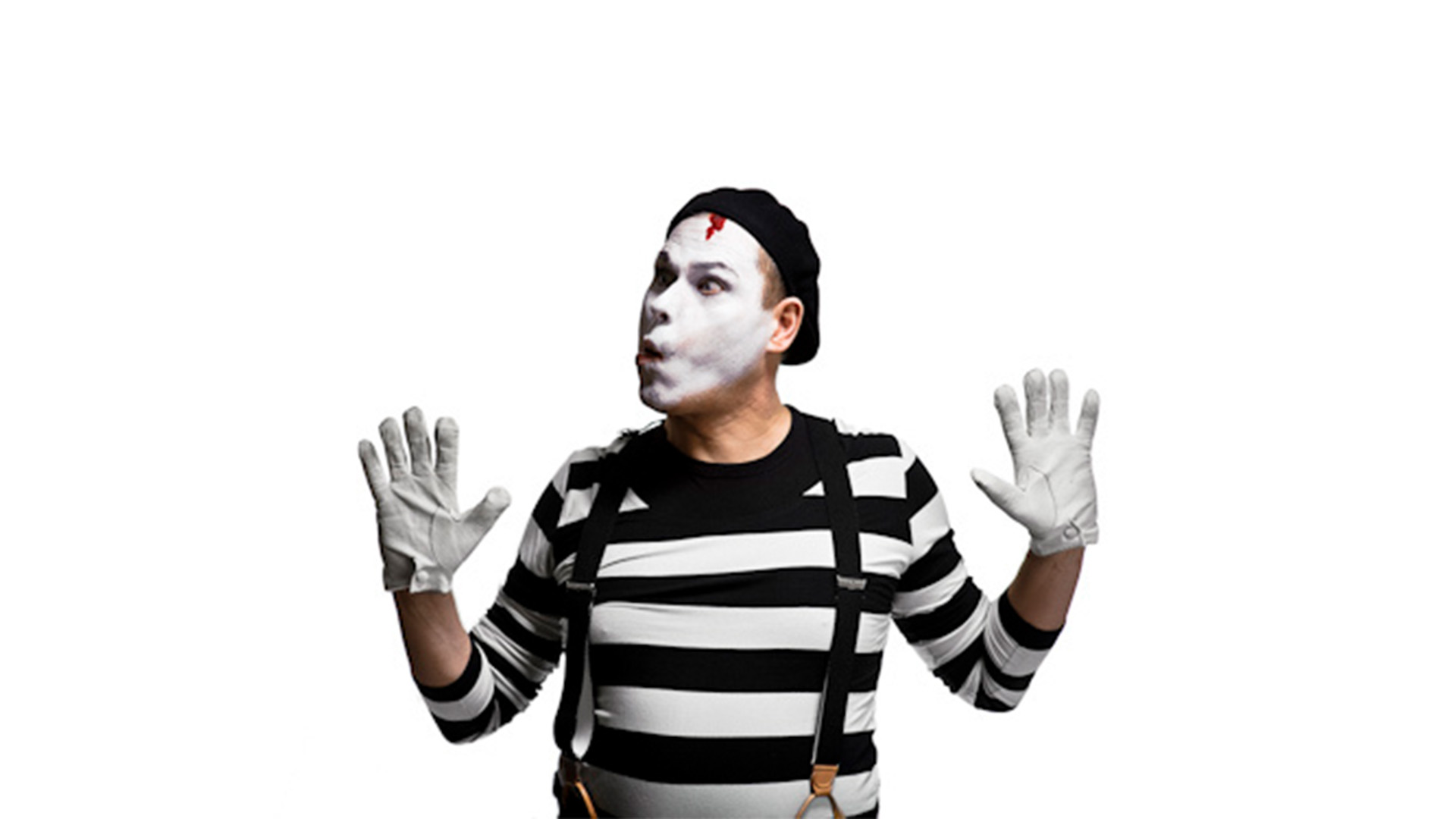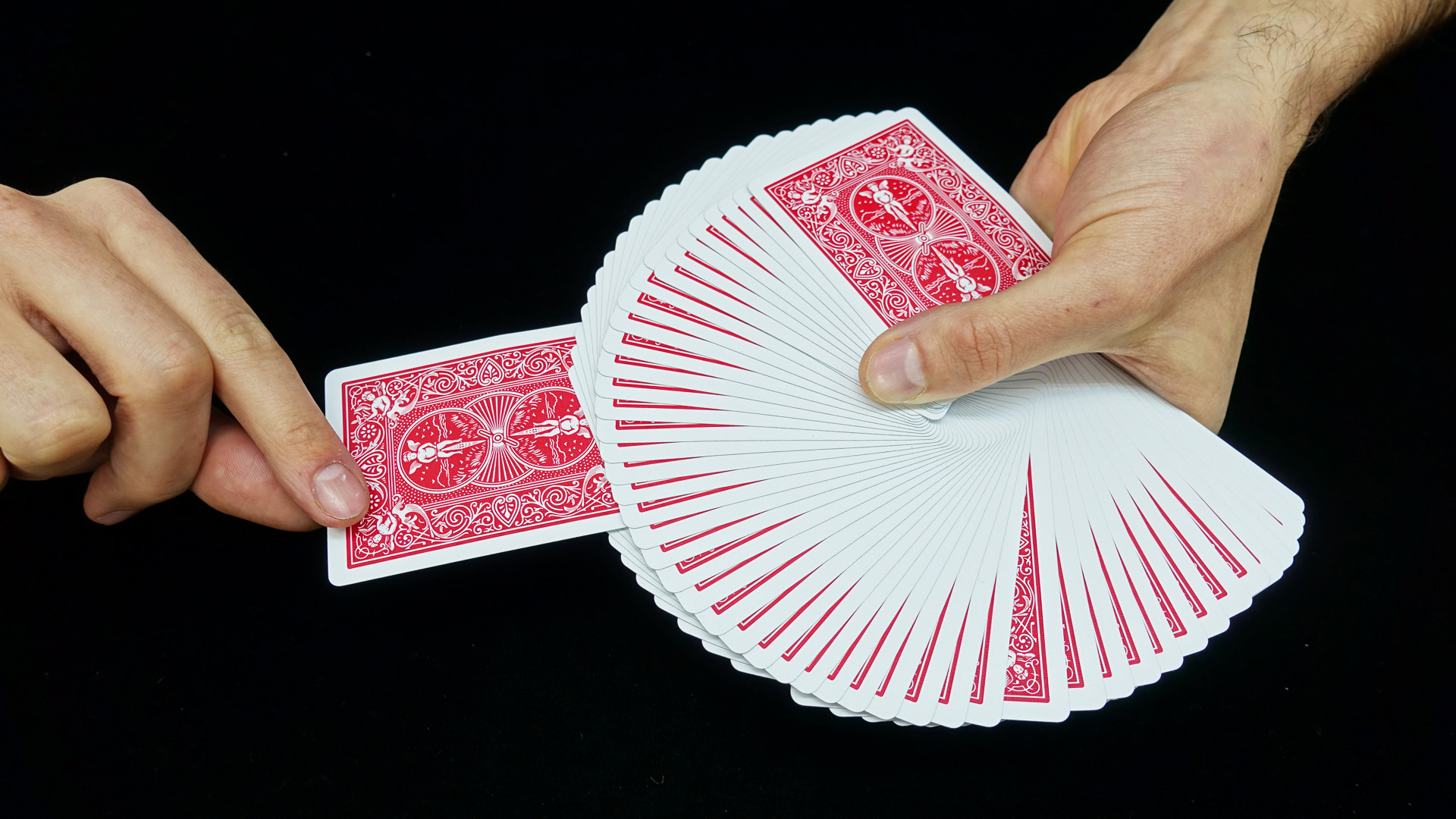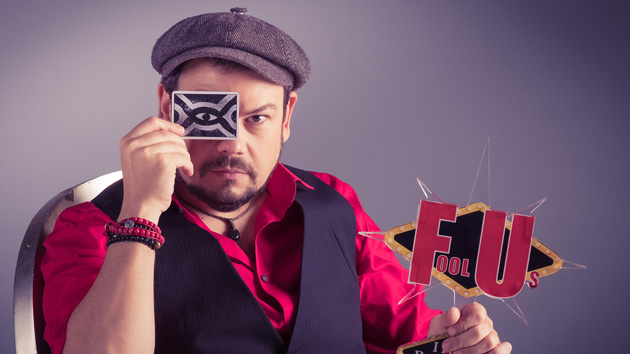Petals and Thorns

Will Tsai’s Rose Act recently hit the shelves, and to say it has divided opinion would be an understatement. On the one hand we have the effusive praise of Joshua Jay, which you can read here. On the other hand (a hand with many more fingers, it seems), there are complaints about both the practicality of the routine and the quality of the table itself. For evidence of the former, this is a great video highlighting the video editing employed to make the trick play for TV, while this scathing review seems to compare the table’s quality unfavorably with a pile of urine-stained firewood. And this is from a shop that’s trying to shift the thing.
However, my beef with the Rose Act goes beyond either of these complaints. Let’s imagine it wasn’t wildly impractical. We’ll jump to a universe where perfect lighting conditions weren’t an issue. Where spectators didn’t have to stand all the way in the wings in order for the illusion to work. Where video editing to clean up discrepancies or flashes wasn’t a necessity. Let’s also image that quality wasn’t an issue. For the sake of argument, the tables were hand crafted one-by-one by Thomas Chippendale himself, and worked exactly as advertised straight out of the box.
Even then, in my humble opinion, the Rose Act would still fail magically, for two reasons. First is a huge structural problem. I remember the first time watching the routine, and throughout the first matrix part (the bit with the card cover) thinking “shit, this is amazing!”. However, towards the end of the routine after cards had been clumsily ditched, and the final coverless transposition took place I can just as vividly remember thinking “I wonder how they made that trick table”. This is a major design flaw. And I don’t mean the design of the gimmick, but the design of the routine itself. Here we can take a lesson from the great Juan Tamariz. In The Magic Way he outlines his “false solutions” principle, whereby the use of various techniques in different phases of a routine allows you to hide the weaknesses of each phase. Since spectators are likely to attribute one effect to the same technique, as their theories are systematically proven false, they are left with nowhere to go. Contrast that with the Rose Act. Everything in the routine is achieved with the same method. The moment you pull a “look mum, no hands!”, you have in one stroke eliminated every solution except the correct one. And since a gimmicked table can (and does) account for all the magic up till that point, the entire illusion comes crashing down.
The second problem I have with the routine is that what it boasts in visual appeal, it loses in magical atmosphere. The oft-cited observation that “magic happens in the mind of the spectator” is particularly applicable here. Simply put, in a routine as visual as this, there is no space for the imagination of the audience. It is so in-your-face that while it may be visually shocking, it doesn’t (at least in my case) reach the emotions. There is an interesting parallel to world of erotica. Compare a burlesque dancer to a full-blown (blowing?) pornstar. In a burlesque act, much of the appeal comes from what’s not shown, as the audience is invited to imagine those things that lay tantalizingly out of sight. In comparison, a woman walking out stark naked and performing a solo game of crotch ping-pong may have more visceral shock value, but it is unlikely to evoke the same depth of emotions. I’m not claiming that the Rose Act doesn’t hold appeal to people; the fact that it got over 40 million hits in two days clearly proves it. But if we were to measure magical quality by hits, then statistically speaking the Masked Magician’s decapitation routine is roughly 97 times better than Ricky Jay’s 52 assistants.
I’ve got nothing against visual magic. It is clearly a great tool for creating powerful magic. But the idea that the move to more and more visual magic is somehow an “evolution” of our art is misguided. The fact is that even visual magic happens in our brains. We first have to accept that what we’re seeing is impossible for it to register as magic. And swooning over the Rose Act’s visuals while conveniently forgetting about its practical, structural and dramatic problems is praising the rose petals while ignoring the thorns.

















